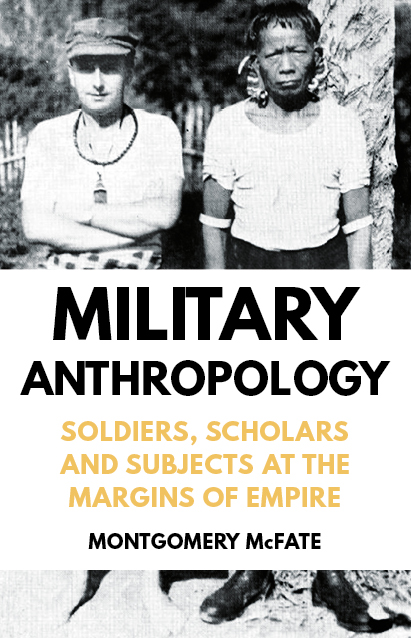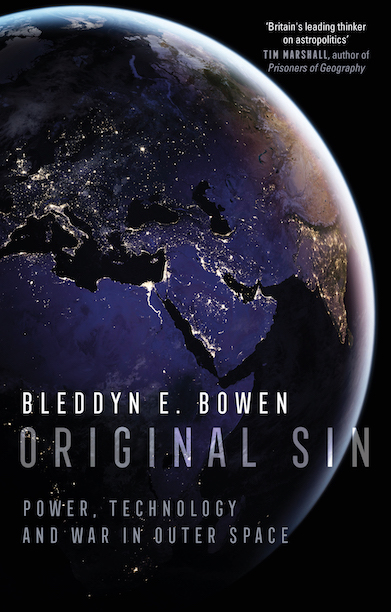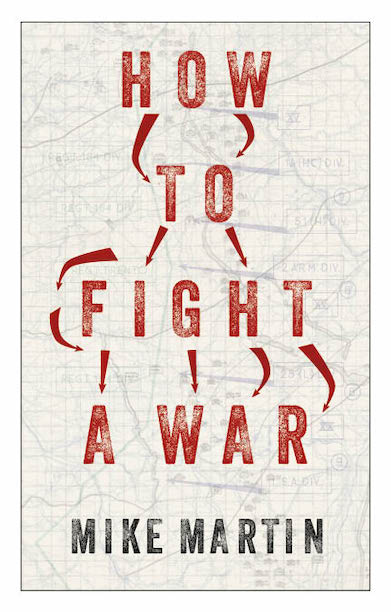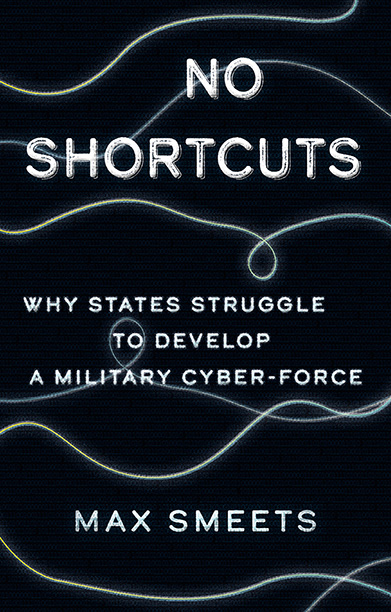Military Anthropology
Soldiers, Scholars and Subjects at the Margins of Empire
A candid reassessment of the role of anthropologists in mediating encounters between Western armies and non-Western peoples
Description
In almost every military intervention in its history, the US has made cultural mistakes that hindered attainment of its policy goals. From the strategic bombing of Vietnam to the accidental burning of the Koran in Afghanistan, it has blundered around with little consideration of local cultural beliefs and for the long-term effects on the host nation’s society. Cultural anthropology—the so-called ‘handmaiden of colonialism’—has historically served as an intellectual bridge between Western powers and local nationals. What light can it shed on the intersection of the US military and foreign societies today?
This book tells the story of anthropologists who worked directly for the military, such as Ursula Graham Bower, the only woman to hold a British combat command during WWII. Each faced challenges including the negative outcomes of exporting Western political models and errors of perception.
Ranging from the British colonial era in Africa to the recent wars in Iraq and Afghanistan, Military Anthropology illustrates the conceptual, cultural and practical barriers encountered by military organisations operating in societies vastly different from their own.
Table of contents
Introduction: Gerald Hickey and the Dangers Inherent
When Culture Matters Most
Story of the Book
Barriers and Impediments
The Policy Implementation Problem
Conclusion
- Robert Sutherland Rattray and Indirect Rule
Indirect Rule
The Thorny Problems of Cultural Disjunction
Conclusion
- Ursula Graham Bower and Military Leadership
Leadership
Gender and Leadership
Military Leadership In Extremis
Cross-Cultural Leadership
Cross Cultural In Extremis Military Leadership
Conclusion
- Gregory Bateson and Information Operations
Losing the War of Ideas
Bringing Culture Back into Information Operations
Conclusion
- Tom Harrisson and Unconventional Warfare
Unconventional Warfare
Local Knowledge
Acculturation and Assimilation
Adapting to the Indigenous Way of War
Conclusion
- John Useem and Governance Operations
Military Government
The Complexities of Governance
Conclusion
- Jomo Kenyatta, Louis Leakey and the Counter-Insurgency System
Fantasy Ideology of Empire
Asymmetry of Cultural Knowledge
The Value of Cultural Knowledge
Conclusion
- Don Marshall and the Strategic Objective
Fuzzy End States
The Complexities of War and Social Change
Conclusion
Conclusion: David Prescott Barrows and the Military Execution of Foreign Policy
Way of War Problem
Exporting Western Models
Self-Defeating Praxis
Social Theory Problem
Errors of Perception
Adaptation (And Its Limits)
Epistemology Problem
Conclusion
Reviews
‘A fascinating and pioneering study.’ — Asian Affairs
‘An essential piece of literature.’ — Journal of Central and Eastern European Studies
‘Never before has cultural awareness mattered so much to military operations. By exploring the extraordinary lives and experiences of a remarkable bunch of characters, Montgomery McFate demonstrates the importance of military anthropology to the study and conduct of war. This is a most enlightening volume.’ — Theo Farrell, Dean of Arts and Social Sciences, City, University of London, author of Unwinnable: Britain’s War in Afghanistan
‘Montgomery McFate has written a dense but fascinating book that examines the role of anthropologists in warfare, focusing on the importance of understanding culture to achieve success in counterinsurgency, unconventional warfare, and information operations. Invaluable to strategic practitioners in a world that promises continuing American engagement in small wars.’ — John Nagl, US Army Lieutenant Colonel (Retired), Headmaster of The Haverford School, and author of Knife Fights: A Memoir of Modern War
‘Military Anthropology, at once scholarly and a real page turner, is the starting point for a desperately needed debate: to what extent should old cultures be protected against modernity? Should societies have the right to continue practices clashing with universal human rights? An urgent and riveting book you will not be able to put down.’ — Beatrice Heuser, Professor of Politics and International Relations, University of Reading
‘A long overdue study of a critical yet often overlooked dimension of strategy and war. McFate puts her finger on why the military and academia find it so difficult to trust each other, and why both must find a way to do so.’ — Antulio J. Echevarria II, Editor, Parameters, US Army War College
Author(s)
Montgomery McFate is Professor at the US Naval War College in Newport, Rhode Island. Formerly, she was the Senior Social Scientist for the US Army’s Human Terrain System. McFate holds a PhD in Anthropology from Yale University, and a JD from Harvard Law School. She is the co-editor of Social Science Goes to War (2015).






